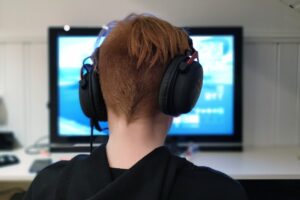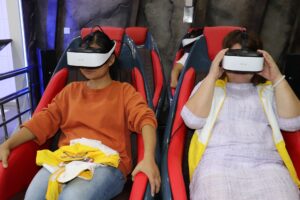
The safety of children using online platforms is a big concern for parents. Many are more anxious than ever due to the risks, like exposure to harmful content and mental health issues.
Since the beginning of social media, campaigners have called for platforms to do more to protect kids from these dangers, and most have gradually increased their controls.
Instagram’s owner, Meta, is the latest social media company to introduce new parental controls. The controls, which were introduced in the US in March and are being expanded to the UK this month, include various tools to help parents manage their child’s online activity.
One of the features gives parents the option to set daily time limits for their kids of between 15 minutes and 2 hours. After this time, the app turns into a black screen.
In addition to this, parents will be able to schedule break times for their children. They can also view any accounts their child has reported, along with the reason for the report.
Another feature that’s currently being trialed by Instagram is called “nudge”. This prompts the user to search for different topics if they’re repeatedly searching for the same thing.
New controls on Quest VR
As well as new parental controls on Instagram, Meta will also be launching new tools for parents on a “parent dashboard” on all Quest virtual reality headsets worldwide.
This feature will be available on all headsets globally and will have multiple controls including purchase approval, the option to view the child’s friends list, and app blocking.
Parents can now activate these tools themselves. Previously, parental supervision could only be activated by the child, so this gives parents more control.
Mental health risks
Instagram and Oculus VR are currently only available for children over 13 and are tailored for teens of this age group. But, it’s well known that younger children use both platforms.
Last year, the Wall Street Journal reported that Meta conducted research into its platforms – which include Facebook, Instagram, and WhatsApp – and found that Instagram increased the risk of anxiety and depression in younger users.
Many parents feel let down by tech giants, currently, and these companies have already faced a lot of criticism. But, the problem still hasn’t been addressed and many teens don’t feel safe online and calls have been made for tougher safety measures.



